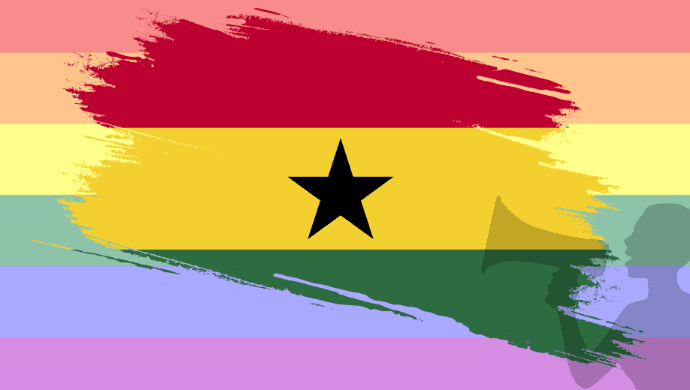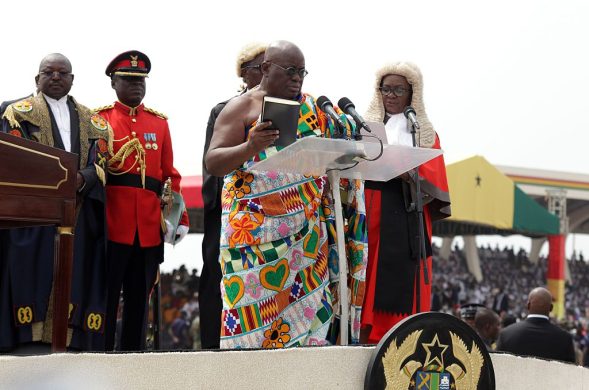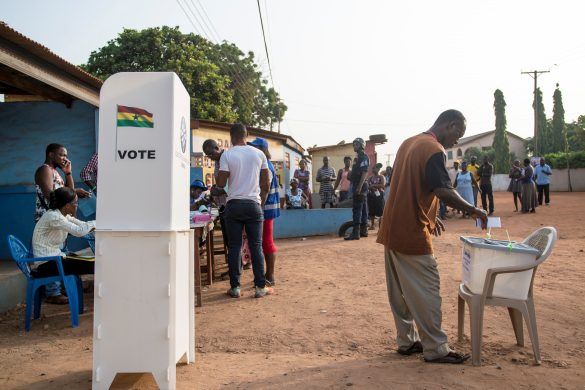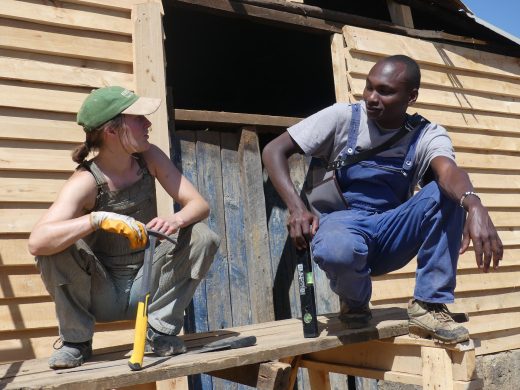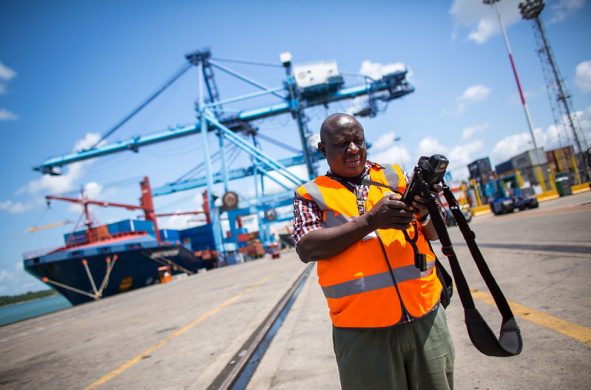Ghanas government has shelved a bid to fast-track a bill seeking to allow all Ghanaians abroad to register for general elections to be held in December 2004. The move followed an outcry from the opposition, which had threatened street protests if the bill was rushed through parliament.
– In light of the lively public debate and discussions that the bill has generated, I request that the bill be treated as any other bill, which will pass through the normal parliamentary processes, Attorney-General and Minister of Justice Papa Owusu Ankomah said in parliament on Friday.
– This government is a listening government. It will always endeavour to act in a manner that will not allow its noble intentions to be misconstrued. This will further deepen the democratic process and take into account the views of all Ghanaians, added he.
This week, the electoral commission is scheduled to begin compiling a new domestic voters register, which will be used for the elections.
The government had argued that amendment was necessary to uphold the electoral laws of Ghana, which state that all Ghanaians of sound mind and aged 18 years or more are eligible to vote. However, the opposition had accused the ruling New Patriotic Party (NPP) of having an ulterior motive.
– Our suspicion is that the proposed amendment is to fit into a grand design calculated to give the NPP an unfair electoral advantage in the December 2004 elections, opposition coalition chairman Dan Lartey, who is also the presidential candidate of the Great Consolidated Peoples Party (GCPP), had told reporters in Accra.
This was the first time in three years that all six opposition parties had come together to take on the ruling party. The last time the opposition took a unified position was during the December 2000 elections, when it rallied behind the NPP to win a run-off election against the then ruling National Democratic Congress (NDC).
The current Representation of the People Law allows only certain
categories of Ghanaians living abroad to vote. These include diplomats, employees of the United Nations and other international organisations, police and military personnel on peacekeeping missions, and students on government scholarships.
The proposed amendment targetted other members of the Ghanaian diaspora, said to number hundreds of thousands, and whose remittances totalled about 400 million US dollar in 2001 according to the Ghana Investment Promotion Centre (GIPC).
Their contribution to national earnings rank fifth after cocoa, gold, tourism and non-traditional exports.
The opposition stated that although it supported the principle of enfranchising all Ghanaians, the countrys poorly resourced electoral commission did not have the infrastructure nor the financial and logistical capacity to transparently register every Ghanaian resident abroad ahead of the December polls.
The governments decision to hurry the bill through parliament, which went on a two-month Easter recess on Friday, had threatened to raise a political rumpus.
The opposition had threatened street protests if the government went ahead with its plan to circumvent statutory parliamentary procedures and fast-track the bill through parliament, where it has 102 of the 200 seats. The main opposition National Democratic Congress (NDC) has 90 seats.
– If it means pouring out into the streets in mass protests against the bill if it is approved, we will do so. We will use whatever means are legally available to us and use all peaceful means to kick against the bill. This is only the beginning of a mutual beneficial relationship for the opposition, NDC presidential candidate and former vice president John Atta Mills had warned.
Kilde: FN-bureauet IRINnews










